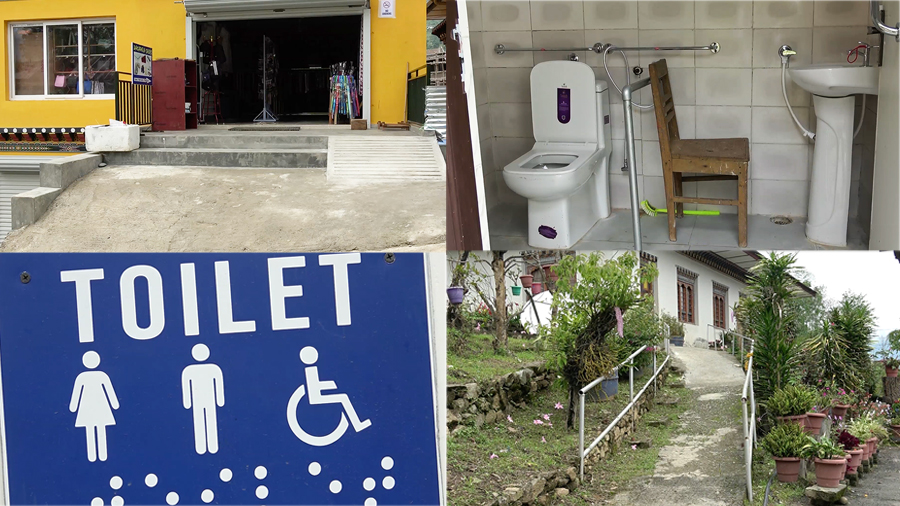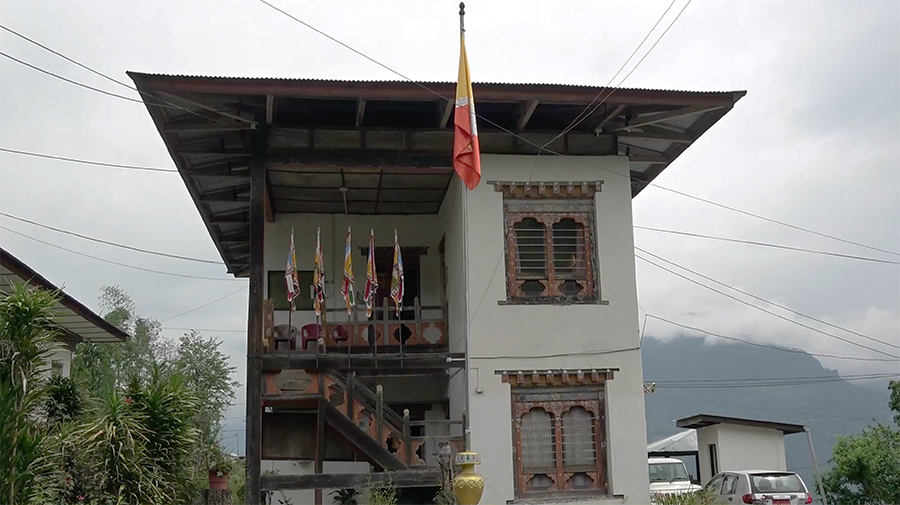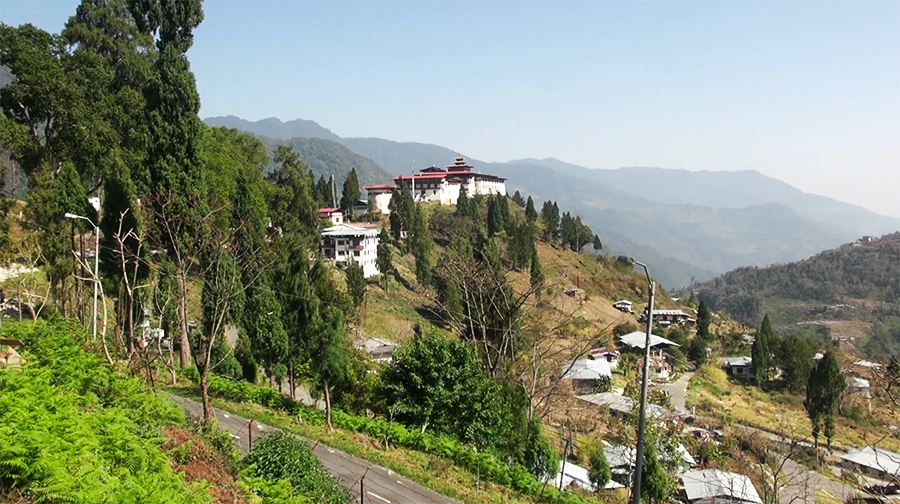 Dagana is emerging as a model for disability inclusion in the country, showing how strong community leadership, commitment, and innovation can bring change for persons with disabilities. In partnership with the government and the United Nations, the district recently hosted the second steering committee meeting of Agenda Chikha, the national disability inclusion initiative. The meeting brought together local leaders, development partners and disability advocates to explore ways to strengthen inclusive practices under the initiative.
Dagana is emerging as a model for disability inclusion in the country, showing how strong community leadership, commitment, and innovation can bring change for persons with disabilities. In partnership with the government and the United Nations, the district recently hosted the second steering committee meeting of Agenda Chikha, the national disability inclusion initiative. The meeting brought together local leaders, development partners and disability advocates to explore ways to strengthen inclusive practices under the initiative.
The meeting brought together local leaders, development partners and disability advocates to explore ways to strengthen inclusive practices under the initiative.
Launched last year, Agenda Chikha is a national initiative aimed at empowering the lives of persons with disabilities, improving infrastructure and changing the mindset.
With over 300 persons with disabilities, Dagana has the fourth-highest prevalence in the country. Local leaders, in collaboration with the government, are working to make public services in the district more accessible and inclusive than ever before.
 One example is the relocation of all gewog offices in the district from the first floor to the ground floor, making it more accessible for persons with disabilities.
One example is the relocation of all gewog offices in the district from the first floor to the ground floor, making it more accessible for persons with disabilities.
“For persons with disabilities like me, moving the gewog office to the ground floor makes a big difference. With the help of an assistant, I can now visit the gup’s office and access services conveniently,” said Ratna Bdr. Biswa, Tsendagang Gewog, Dagana.
Additionally, facilities such as ramps and disability-friendly toilets have been constructed to better cater to persons with disabilities in the district.
“Even though the office was on the ground floor, the footpath had steps. Considering that people in wheelchairs cannot use steps, we have constructed ramps for convenience. For senior citizens, about five gewogs have distributed bedside toilets. Here in Tsendagang Gewog, I have distributed around 20 bedside toilets for elderly individuals who are paralysed and for persons with disabilities,” said Bal Bdr. Rana, Tsendagang Gup, Dagana.
He added that plans are underway to enhance accessibility for persons with disabilities in dzongs and the dzongkhag tshogdu hall by making them wheelchair-friendly. Walking sticks will also be provided to elderly citizens with visual impairments.
According to the Disabled People’s Organisation, the district administration has shown commendable commitment and initiative in promoting the rights and well-being of persons with disabilities. This was one of the main reasons Dagana was selected as a model for disability inclusion.
“There is still a lot to be done, and work is in progress. For now, we are focusing on retrofitting the hospital in Dagapela, a place frequently visited by persons with disabilities. We are working on constructing disability-friendly toilets, ramps, and seating areas,” said Yonten Jamtsho, Programme Officer at the Disabled People’s Organisation.
 Dagana’s progress in disability inclusion is setting a powerful example, encouraging other districts to follow and implement similar inclusive practices to improve accessibility and inclusiveness.
Dagana’s progress in disability inclusion is setting a powerful example, encouraging other districts to follow and implement similar inclusive practices to improve accessibility and inclusiveness.
Sonam Yuden & Pema Tshewang
Edited by Sonam Pem








